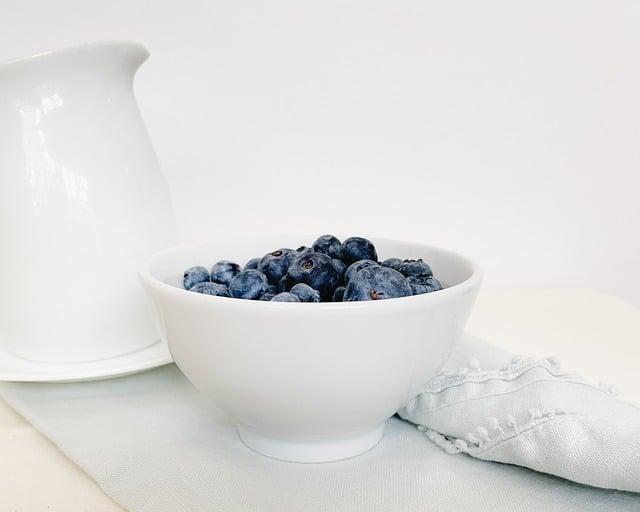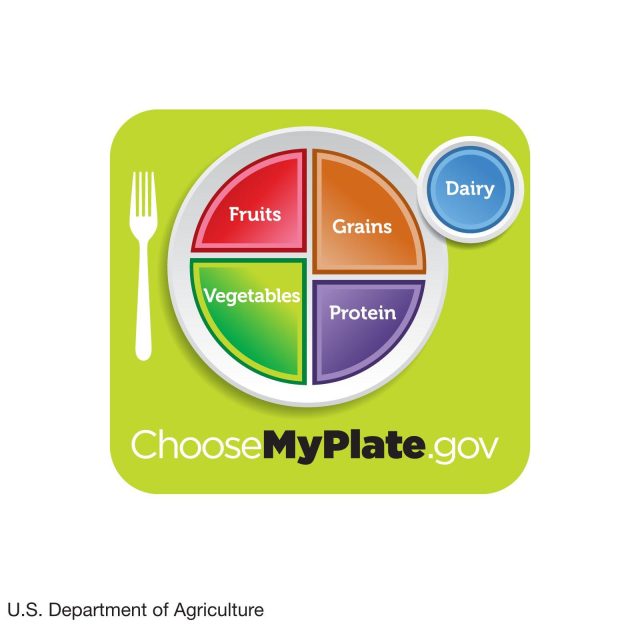As we journey through life, the pursuit of health and vitality becomes an ever-important endeavor, especially as we age. The process of aging, though inevitable, can be influenced significantly by the choices we make—particularly when it comes to nutrition. Understanding the profound role that diet plays in maintaining health and enhancing quality of life is crucial for anyone looking to age gracefully. This article aims to provide insight into how nutrition serves as a cornerstone for healthy aging, offering practical guidance and compassionate support to help you make informed dietary choices. Whether you are just beginning to consider the long-term impacts of your diet or are already navigating the complexities of aging, this exploration will empower you with the knowledge needed to nourish your body and spirit throughout the golden years.
Understanding Nutritional Needs as We Age
Aging gracefully is not just about maintaining physical appearance; it’s about ensuring our bodies receive the right nutrients to support overall health and well-being. As we age, our nutritional requirements evolve, necessitating a more focused approach to our diet. Understanding these changes can empower us to make informed choices that promote vitality and longevity.
- Metabolism Slows Down: As we age, our metabolism naturally decreases, which means our bodies require fewer calories. However, the need for nutrients remains unchanged, or even increases. Opt for nutrient-dense foods to ensure you’re meeting your body’s needs without unnecessary caloric intake.
- Bone Health: Calcium and vitamin D are crucial for maintaining bone health. Consider foods like dairy products, leafy greens, and fortified cereals. Supplements might also be beneficial if dietary intake is insufficient.
- Heart Health: A diet rich in omega-3 fatty acids, found in fish like salmon and trout, supports cardiovascular health. Incorporating whole grains, fruits, and vegetables also aids in maintaining a healthy heart.
| Nutrient | Importance | Sources |
|---|---|---|
| Calcium | Bone strength | Dairy, leafy greens |
| Vitamin D | Calcium absorption | Sunlight, fortified foods |
| Fiber | Digestive health | Whole grains, fruits |
By acknowledging these shifts in our nutritional needs, we can better tailor our diets to support healthy aging. It’s essential to consult with healthcare professionals to determine the best dietary strategies tailored to individual health conditions and nutritional requirements.

Incorporating Essential Nutrients for Longevity
Embracing a nutrient-rich diet is a cornerstone for promoting longevity and vitality as we age. Prioritizing certain nutrients can significantly enhance physical and mental well-being, helping us to maintain a vibrant lifestyle. Below are some essential nutrients that play a crucial role in supporting healthy aging:
- Omega-3 Fatty Acids: Known for their anti-inflammatory properties, omega-3s help maintain heart health and cognitive function. Sources include fatty fish like salmon, walnuts, and flaxseeds.
- Antioxidants: These combat oxidative stress and reduce the risk of chronic diseases. Berries, dark chocolate, and green leafy vegetables are excellent choices.
- Calcium and Vitamin D: Essential for bone health, they work together to prevent osteoporosis. Incorporate dairy products, fortified plant-based milks, and sunlight exposure for optimal benefits.
To visualize the importance of these nutrients, consider the following simple table that outlines their key benefits:
| Nutrient | Key Benefit |
|---|---|
| Omega-3 Fatty Acids | Supports heart and brain health |
| Antioxidants | Reduces oxidative stress |
| Calcium & Vitamin D | Strengthens bones |
Integrating these nutrients into your daily diet doesn’t have to be overwhelming. Start by making small changes, like adding a handful of nuts to your breakfast or swapping a sugary snack for a piece of dark chocolate. These adjustments can make a substantial difference in how you age, both physically and mentally.

Creating a Balanced Diet for Vibrant Senior Years
As we age, our nutritional needs evolve, necessitating a shift in dietary focus to maintain health and vitality. A balanced diet is not just about calorie counting; it’s about making informed choices that contribute to overall well-being. Seniors should prioritize foods rich in essential nutrients that support bone health, cognitive function, and cardiovascular wellness.
- Calcium and Vitamin D: Crucial for maintaining bone density and preventing osteoporosis. Incorporate dairy products, leafy greens, and fortified cereals.
- Omega-3 Fatty Acids: Vital for heart health and cognitive function. Sources include fatty fish like salmon, flaxseeds, and walnuts.
- Fiber: Essential for digestive health. Opt for whole grains, fruits, and vegetables to ensure adequate intake.
- Antioxidants: Help combat oxidative stress and support brain health. Berries, nuts, and dark chocolate are excellent options.
It’s equally important to manage portion sizes and stay hydrated, as metabolism and thirst sensation may decline with age. Here’s a simple guideline to help structure daily meals:
| Meal | Components |
|---|---|
| Breakfast | Whole grain cereal, berries, low-fat milk |
| Lunch | Grilled chicken, mixed greens, quinoa |
| Dinner | Salmon, steamed broccoli, sweet potato |
| Snacks | Nuts, yogurt, fresh fruit |
By mindfully selecting nutrient-dense foods and staying active, seniors can enjoy vibrant and fulfilling golden years. Remember, it’s never too late to start prioritizing nutrition for a healthier future.

Practical Tips for Maintaining a Nutritious Lifestyle
- Plan Your Meals: Preparing your meals in advance not only saves time but also ensures that you’re consuming balanced, nutritious food. Consider using a weekly planner to jot down meals and snacks, ensuring you include a variety of fruits, vegetables, lean proteins, and whole grains.
- Mindful Eating: Pay attention to what and how much you eat. Eating slowly and savoring each bite can help you enjoy your food more and prevent overeating. It’s not just about what you eat, but how you eat that impacts your overall health.
- Stay Hydrated: Water is essential for digestion, nutrient absorption, and maintaining energy levels. Aim to drink at least eight glasses of water a day, and more if you’re active or live in a hot climate.
- Portion Control: Use smaller plates and bowls to help control portion sizes. This simple trick can prevent overeating and help maintain a healthy weight.
| Food Group | Recommended Servings | Examples |
|---|---|---|
| Fruits | 2-4 servings/day | Apples, Berries, Bananas |
| Vegetables | 3-5 servings/day | Spinach, Carrots, Broccoli |
| Proteins | 2-3 servings/day | Chicken, Beans, Tofu |
| Whole Grains | 3-6 servings/day | Quinoa, Brown Rice, Oats |
Adapt Your Diet to Your Needs: As you age, your nutritional requirements change. Consider consulting with a nutritionist to tailor your diet to meet your current needs, focusing on maintaining bone health, muscle mass, and cognitive function. Incorporate calcium-rich foods and omega-3 fatty acids to support these areas.








































